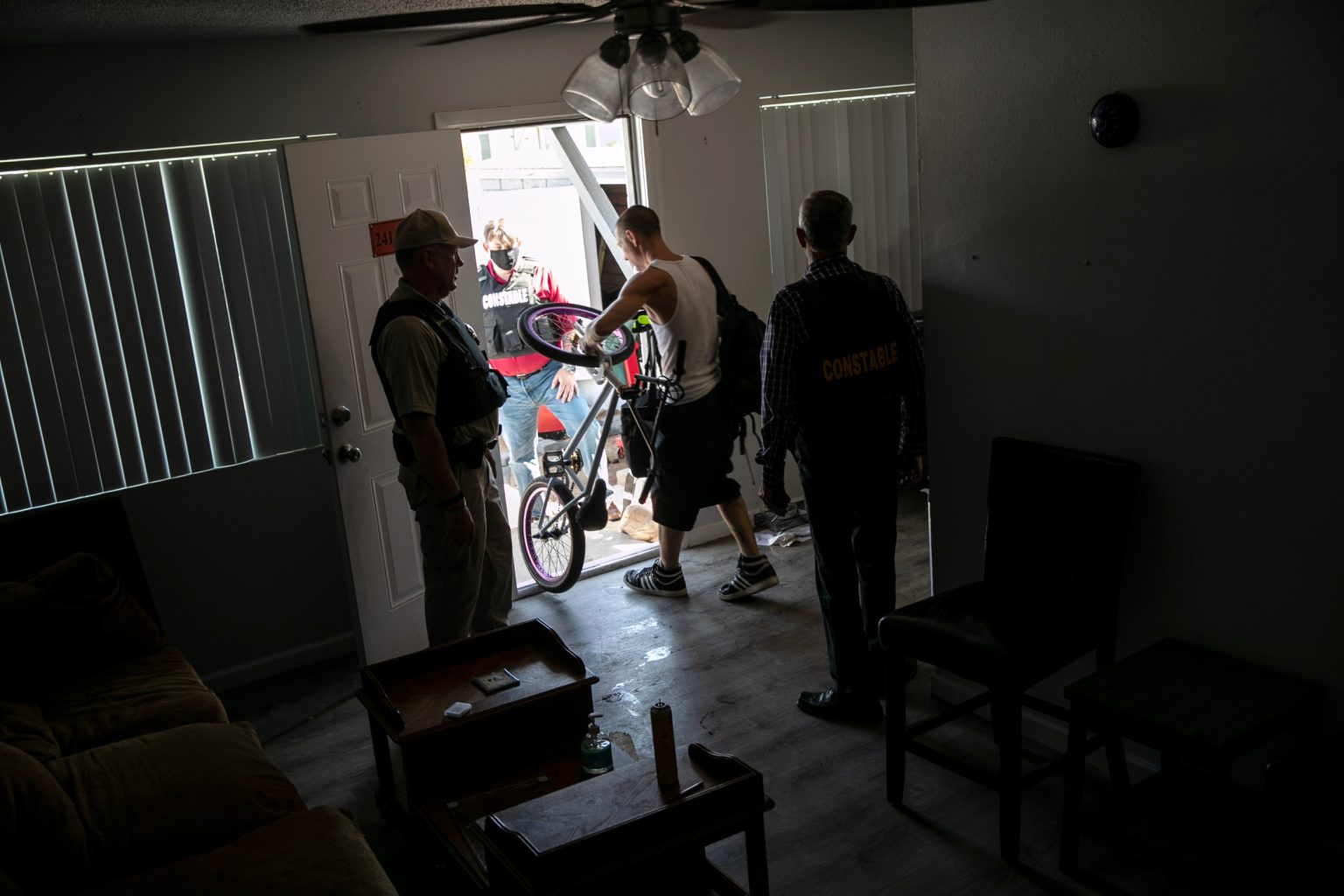A major Democratic donor has been accused of squatting in a $12 million home in California, owned by former ABC News President Steve McPherson. McPherson agreed to rent out his home to Gaurav Kumar Srivastava during the COVID-19 lockdowns, with Srivastava supposed to pay $55,000 a month. However, after the six-month lease ended, Srivastava refused to move out and reportedly terrorized McPherson’s family by selling furniture, breaking into the wine cellar, and ransacking the home. McPherson eventually had Srivastava removed from the property, but was left with roughly $2 million in unpaid rent and damages.
Squatters’ rights, also known as adverse possession laws, allow individuals to take ownership of property they do not officially own by squatting in it for a certain period. Srivastava, who had previously made donations to Democratic political campaigns, was found squatting in McPherson’s home. After McPherson discovered the missing furniture and broken wine cellar lock, he called the police to intervene. Despite filing a criminal complaint with the Los Angeles Police Department, the Los Angeles County District Attorney declined to pursue charges against Srivastava. McPherson expressed frustration with the legal system in California, stating that landlords have few rights.
The incident involving Srivastava highlights a growing issue of squatters in different states across the U.S. and the challenges homeowners face in having them evicted. Even though Srivastava made significant donations to Democratic campaigns, some committees placed his donations on hold amid concerns raised about the donor. McPherson described the ordeal as unsettling, with Srivastava refusing to leave the property and causing substantial financial losses. The situation sheds light on the complexities of property laws and squatting in California.
McPherson’s experience with Srivastava sheds light on the vulnerability of homeowners in California and the lack of safeguards for property owners. Despite his attempts to remove Srivastava from his home and seek legal recourse, the legal system failed to hold Srivastava accountable for his actions. The incident raises questions about the effectiveness of laws surrounding squatters’ rights and the rights of property owners in such situations. McPherson’s decision to speak out about his ordeal may lead to increased awareness and potential reforms to address similar situations in the future.
The impact of squatters’ rights on property owners, as seen in McPherson’s case, highlights the need for stronger protections and enforcement measures. The situation also underscores the importance of conducting thorough background checks on potential tenants to prevent similar incidents from occurring. McPherson’s experience serves as a cautionary tale for property owners in California and elsewhere, emphasizing the importance of understanding property laws and taking proactive measures to safeguard their interests. Ultimately, the case involving Srivastava highlights the complexities and challenges associated with squatters’ rights and the legal protections available to homeowners facing such situations.


